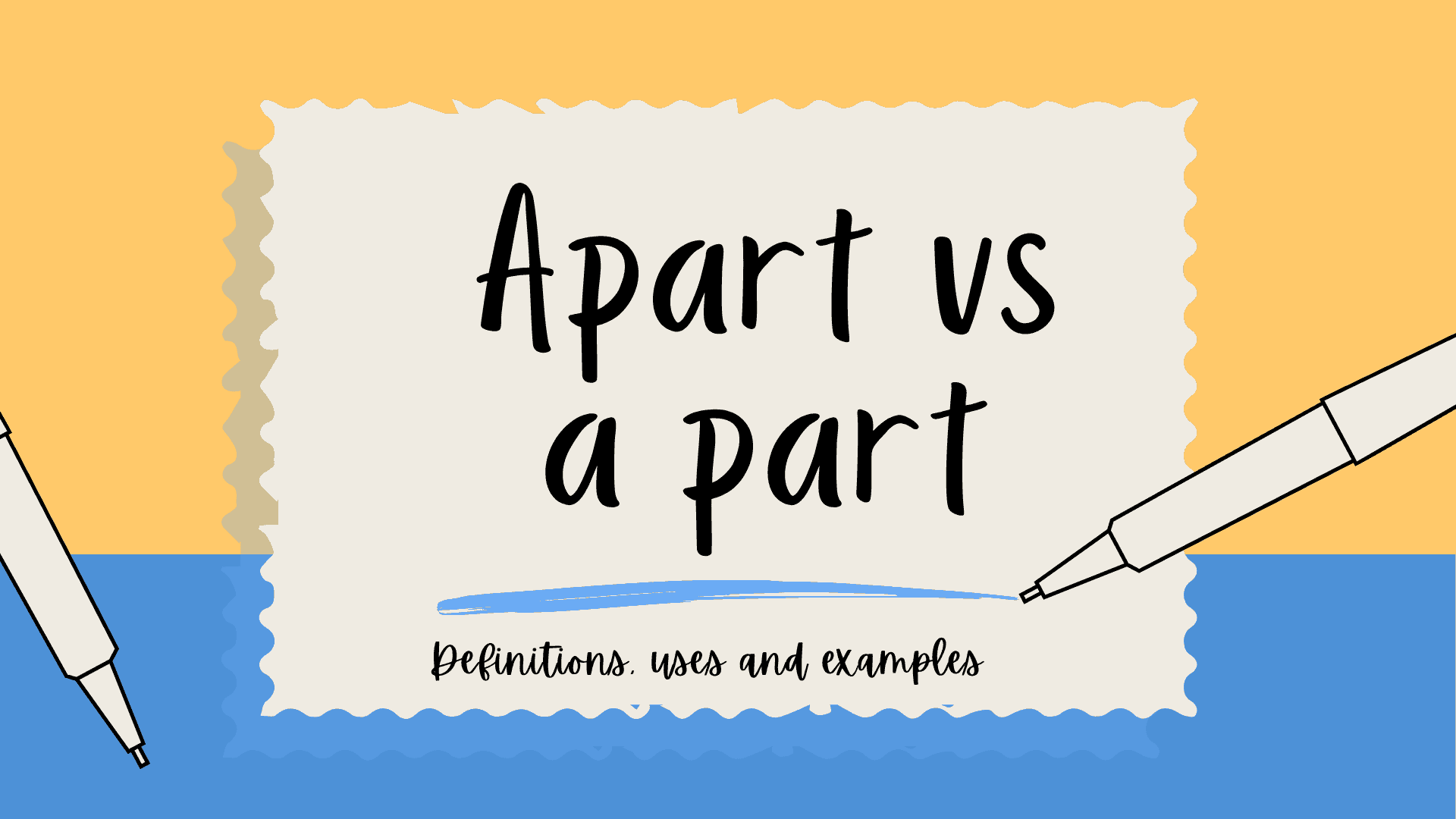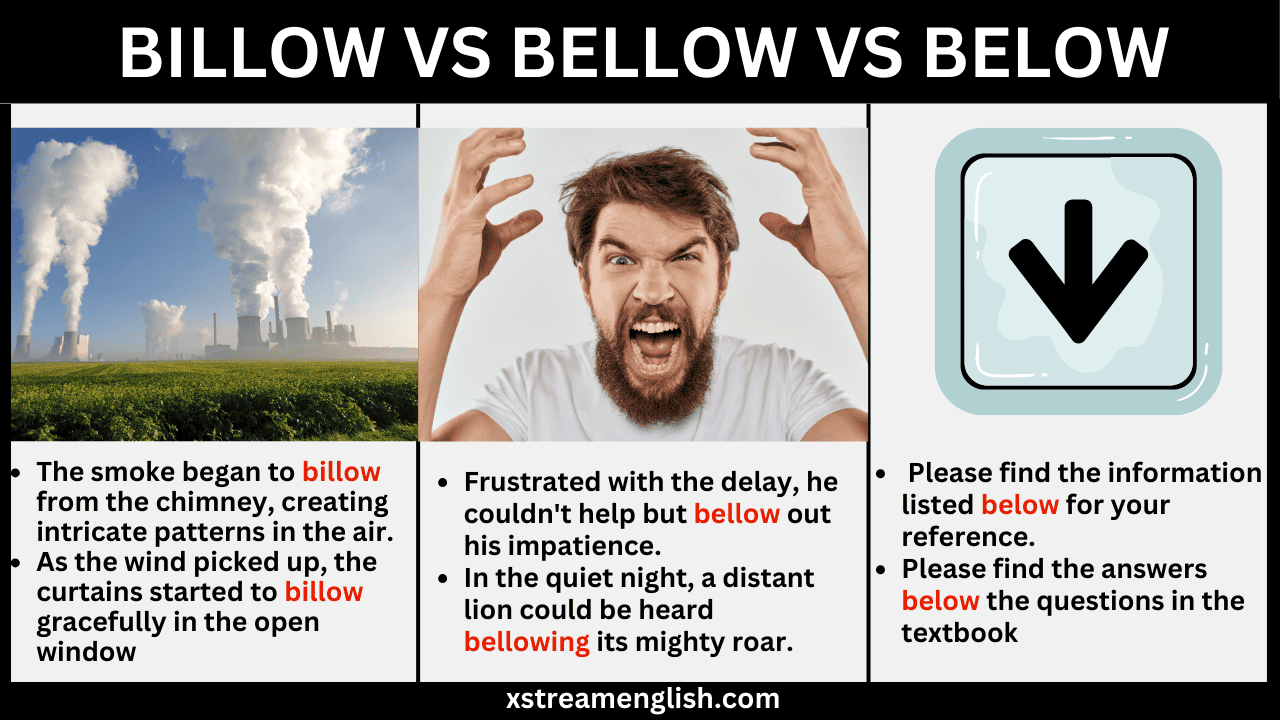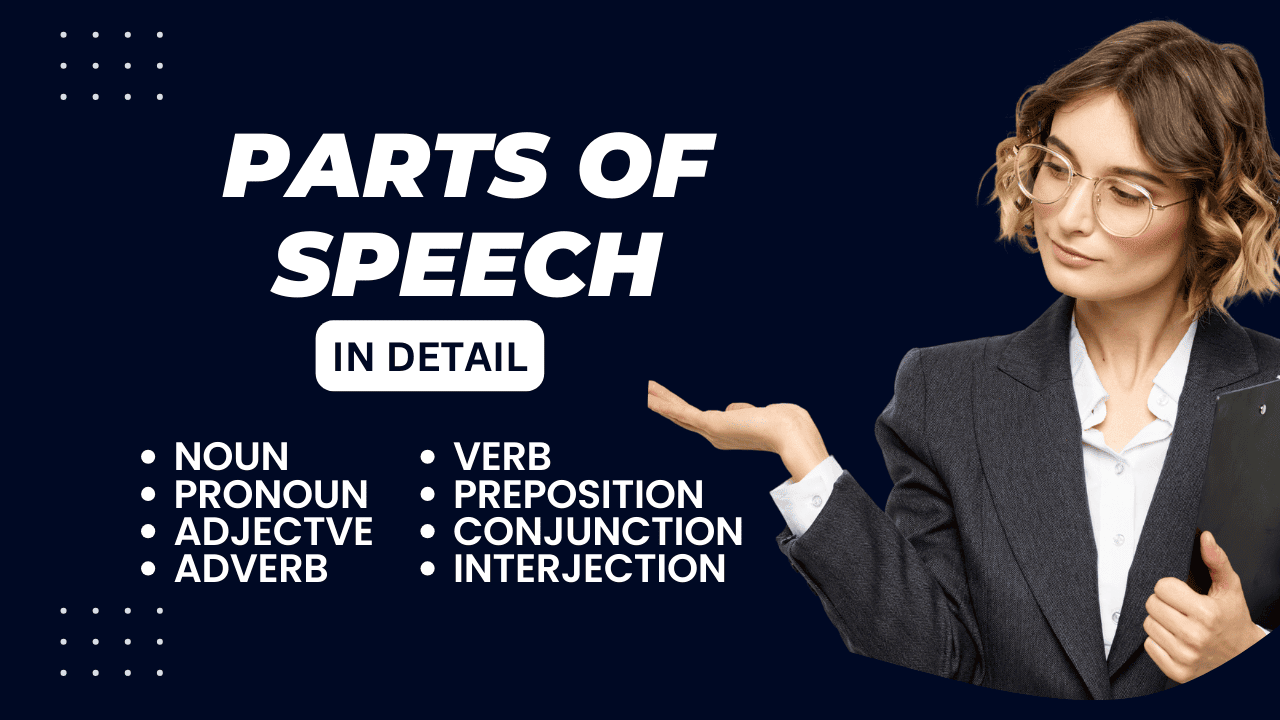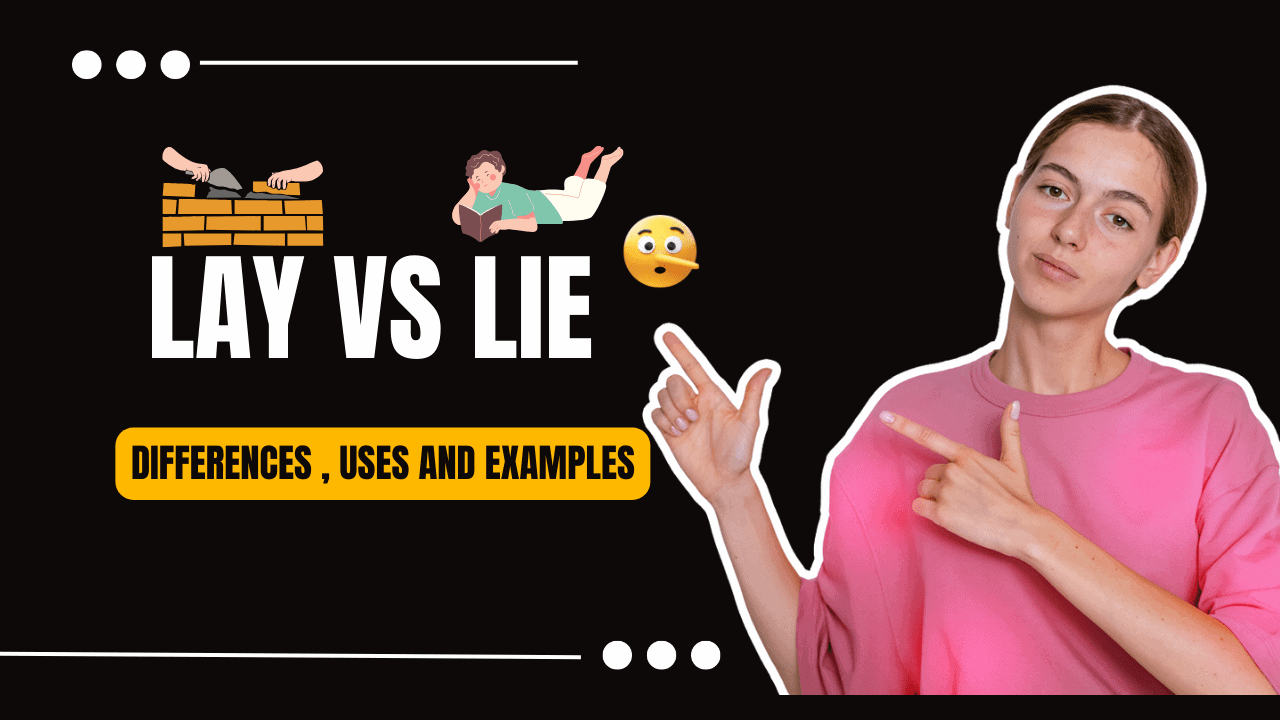What is a sentence?
A sentence is the basic unit of the grammatical unit. It contains a group of words that expresses a complete meaning. A sentence consists of a subject and a predicate.
For example – in the sentence – Ronit is a good man.”
‘Ronit’ is the subject of the sentence and ‘is a good man ‘ is the predicate.
Types of sentences ( on the basis of structure)
simple sentence
A simple sentence has a subject, a verb and a complete meaning.
For example:
- Rohit (subject) waited(verb) for the bus.
- They(subject) are playing(verb) football.
Compound Noun
A compound sentence comprises two independent clauses connected to one another with a conjunction.
For example:
- Ronit waited for the bus but the bus was late.
- He came and he wrote a letter.
- he is poor but he is passed.
- He is not well so he will not go there.
Complex sentence
A complex sentence is made up of an independent clause and one or more dependent clauses joined by a subordinating conjunction.
Complex sentences require at least three parts:
- Independent clause.
- Subordinating conjunction.
- Dependent clause or clauses.
For example:
- I did not see them at the station because Ram and Shyam arrived at the bus station before noon.
- Ram is happy because he passed the examination.
- He is the man who was arrested by the police.
Mixed sentence
These sentences have multiple clauses, that is, a minimum of two independent/main clauses and a minimum of one dependent clause.
For example:
- I met a girl, who informed me that my purse had been stolen by a thief.
When to use which sentence
∎ Simple – The simple sentence is ideal when you have to say a single thought. Without unrelated and unnecessary words and thoughts confusing the issue, your meaning will be much easier for readers to grasp.
∎Compound: Use a Compound sentence when you want to show that two ideas are related, and of equal significance.
∎Complex: Use a complex sentence when you want to show a relationship between two or more ideas, one of which is more important than the others. Most of the sentences you write will probably be complex. It is up to you as a writer to decide what thoughts you wish to stress.
Types of sentence ( on the basis of function)
Declarative sentence(.)
These sentences are the most common. They refer to sentences that make statements, describe things/ people, and also express feelings /opinions. They must end with a full stop.
For example
- I want to be a soccer player. ( makes a statement)
- My friend is a really good dancer. ( expresses an opinion)
- I am very excited because of the upcoming event. ( feelings)
Imperative sentence(.)
An imperative sentence gives a command or makes a request. Those imperative sentence which starts with ‘Let’ shows suggestion/ proposal.
For example–
- Please sit down. (request)
- You should not be watching TV now. ( suggestion)
- close the door. (command)
Interrogative sentence(?)
An Interrogative sentence asks a question. This type of sentence often begins with who, what, where, when, why, how or do and it ends with a question mark.
For example:
- What are you doing?
- where are you going?
- Do you know what the weather will be tomorrow?
➤Interrogative sentences are of two types
❶ Close Ended – These sentences start with can, did, will have etc. The answer to these sentences is always yes or no.
Syntax – HV + subject + M.V + object?
Example- Aren’t you going there?
❷Open Ended – These sentences start with “wh” family words. These sentences require more than a one-word answer.
Syntax – Question word + H.V + Subject + M.V + Object ?
Example– What you have seen in Switzerland?
Exclamatory sentence(!)
An exclamatory sentence is a sentence that expresses great emotion such as excitement, surprise, happiness and anger, and ends with an exclamation point.
Syntax: Interjection! sentence……
Example – Wow! I won the first prize.
Optative sentence
These sentences express a prayer, wish, curse etc. This kind of sentence generally starts with “may” and “wish”.
Example:
- May you live long.
- I wish I were a bird.
Analysis of sentence
Sentence = subject + verb + Object
Subject
The subject is one of the two main parts of a sentence.
A sentence consists of two parts:
- a subject
- a predicate – which modifies the subject or tells something about the subject
A subject may take the following different forms:
- Employees are on strike. ( Subject with no determiners)
- The big man hurt him. ( a noun phrase introduced by determiners)
- Swimming is what I like the most. (gerund)
- To write poems is difficult. (Infinitive)
- That he worked hard is a fact. ( a clause)
- I/you.. like soccer. (subject pronoun)
- It often rains here. (dummy subject)
Verb
A verb is a part of speech that conveys an action ( read, play, run, write) or state of being (stand, sit,
exists)
- sentence in English has a main verb which is stated in a tense( simple present, simple past, simple future etc.)
- Verbs are modified in form when conjugated, For example -verbs take s, ed or ing in some of its forms depending on the tense and the subject- agreement.
- A verb must agree with the person and the number of its subject.
Types of verb
❶ Transitive and Intransitive verb

- Transitive verb: Transitive verbs are verbs that require one or more objects to convey complete meaning.
Examples:
- She sang a song.
- They climbed the mountain.
- He gave her a flower.
Transitive verbs
- sang
- climbed
- Gave
Objects
- a song
- the mountain
- her a flower
Transitive verbs are of two types
- Monotransitive verbs are verbs that require exactly one object.
- Ditransitive verbs are verbs that may require two objects, a direct indirect Object.
Example:
- He wrote a poem. (monotransitive)
- He offered her( first object) his car(second object)
2. Intransitive verbs: Intransitive verbs do not require an object.
Examples
- She slept.
- He died.
❷Finite and Non Finite verbs
- Finite verbs – Finite verb change their forms when there is a change in the number or person of the subject. Finite verbs also have different forms in different tenses.
Examples:
- They play.
- He plays.
- I am playing.
Here play is a verb and changes according to the subject and tense.
2. Non-Finite verbs: Non-finite verbs do not change their form when the number or person of the subject changes.
- They like to sing.
- I like to sing.
- you like to sing.
- He/she likes to sing.
Here like is a finite verb but to dance is a non-finite verb. It does not change according to the subject or tense.
❸Linking verbs: Linking verb links or connect the subject complement, the part of the sentence that follows the verb.
The complement contains additional information which describes and identifies the subject.
Examples:
- Samuel looks sad(looks is a linking verb; sad is a complement that describes and identifies Samuel, the subject)
Common linking verbs:
- be
- get
- taste
- smell
- prove
- sound
- appear
- feel
- look
- seem
- become
- grow
- turn
- stay
- remain
Object
An object in grammar is a part of a sentence, and often part of the predicate. It refers to someone or something involved in the subject’s “performance” of the verb.
For example
Subject
Warner
Verb
Plays
Object
cricket
- “Warner” is the subject, the doer or the performer.
- “Plays” is a verb that refers to the action.
- “Cricket” is the object involved in the action.
Types of object
There are two types of objects:
❶ Direct object: A direct object answers the question “ what?” or “whom?“
For example:
- He repaired his bike. (his bike is the direct object of the verb ‘repaired’)
- He invited Tashi to the party (Tashi is the direct object of the verb “invited”)
❷ Indirect object: An indirect object answers the question “to whom?”
An indirect object is the recipient of the direct object. There must be a direct object for an indirect object to be placed in a sentence.
in other words, an indirect object cannot exist without a direct object.
Example:
- The teacher gave the class some homework ( here class is an indirect object and homework is a direct object)




